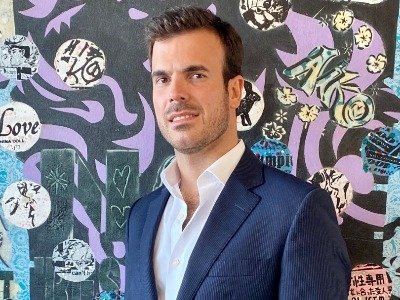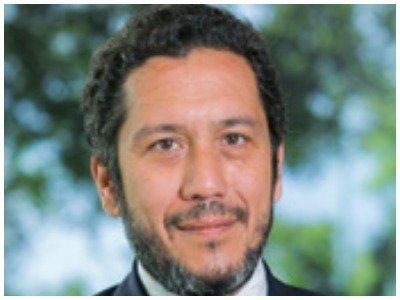Taking a Stand

He was going to be a judge, but he realised that it was difficult for him to embody the impartiality that a magistrate should have. He discovered that advocating for one of the parties to the end fitted more with his character, and that meant going to trial and winning it, and that is where he has already been recognised as one of Portugal’s most prestigious and, more importantly, most promising young professionals. Tiago Geraldo, managing associate at Morais Leitão cannot avoid taking sides in a debate, and perhaps that is why this interview is loaded with bold, but always meticulously reasoned opinions.

You are a renowned Litigation lawyer. What do you find most exciting in this area?
I started Law school wanting to become a judge. Still, I changed my mind in the first years due to a (quite obvious) profile and personal suitability reasons: I have always found it hard not to take sides in a debate quickly, and to refrain from strongly and audibly defend the reasons for that side. I derive the enthusiasm of being a Litigation lawyer mainly from being able and allowed to actively and vocally take a stance and verbalising it, helping to show the right way, helping to do justice. I have always felt there is a certain courage in performing that job. And a sign of courage that is worthy, and dignifies those who undertake it, even against all odds. Practising mostly in Criminal Litigation, as I do, adds some other perks, the most fundamental being that you are not only discussing business nor property nor money; you deal with people’s life, their reputation, their freedom. The stakes are high. That is, of course, stressful and demanding, but it is also –at least in some cases– deeply meaningful and rewarding.
As a young lawyer, you have indeed met several lawyers more experienced to work with and to work against. What were the things that you have learned from this contact?
I have the pleasure and honour of having worked for over 12 years with colleagues at Morais Leitão. They have always been personal references in the attitude, technical and strategic vital aspects of the profession. I owe them much for showing me the compass of what is and should be a complete Litigation lawyer, which I now understand to be basically about three things: commitment, brains and nerve. Learning by example, inside and outside the firm, is crucial for any young lawyer. I honestly don’t think a Litigation lawyer may improve or progress in confined study or practice, disconnected from the world and its peers. Young lawyers only move forward by gaining more and more experience and fibre. They learn from older lawyers on dealing with clients, preparing a case, outlining a strategy and following it, managing the unexpected, the unforeseen, and also how to respond to errors and, perhaps even more significantly, how to learn from them.
Along with the previous question. What are the main advantages of a young lawyer in comparison with a more expert one? What is the significant contribution of the young lawyers in the profession?
There is no way to run from it: experience is paramount in being a lawyer and clients are fully aware of this, especially in the Litigation field and even more within Criminal Litigation. Having said that, profile and personal characteristics always matter regardless of age, and you can see very quickly, sometimes with a small conversation only, who among the new trainees have the stamina and the skills required to make it in this profession. And, of course, you learn a lot with younger lawyers: when they are good and committed, as there are plenty, they have eager, willingness to show off, a less formatted way of thinking, refreshing legal knowledge and that gleam in the eye that is both inspiring and motivational for the team.
by Antonio Jiménez
To read the article in full please download issue N.99 here












